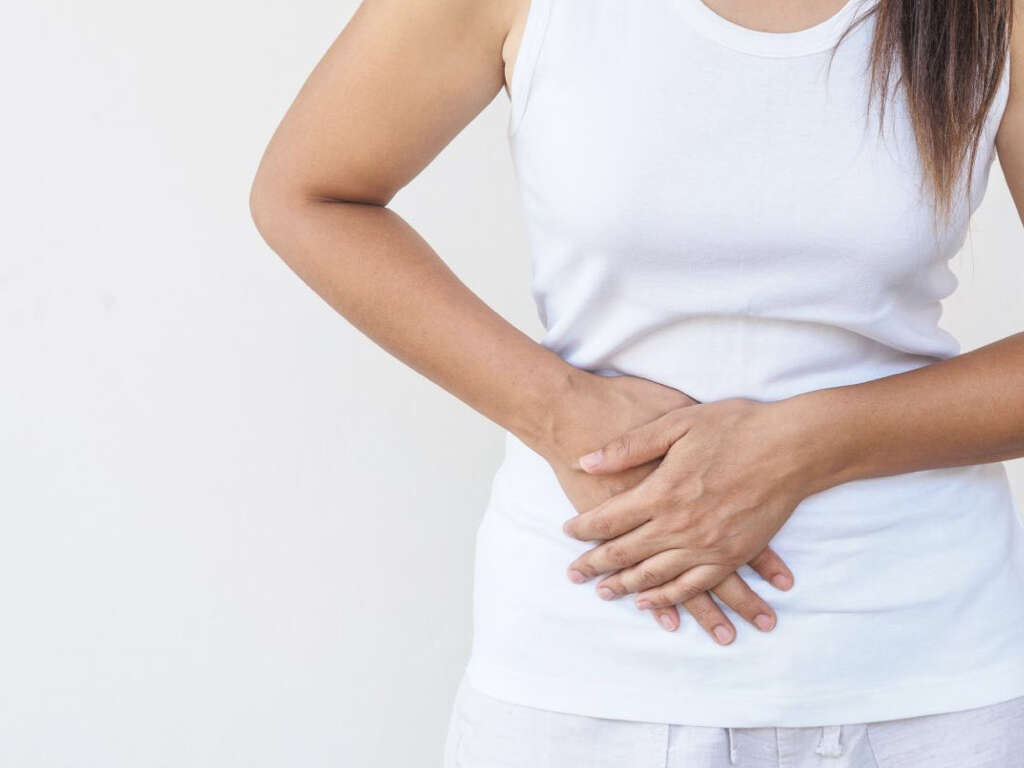10 Biliary Colic Symptoms
 Article Sources
Article Sources
- 1. Sigmon, David F., et al. 'Biliary Colic - StatPearls - NCBI Bookshelf.' National Center for Biotechnology Information, 20 Nov. 2020, www.ncbi.nlm.nih.gov/books/NBK430772/
- 2. 'Gallstones Symptoms and Treatment.' NHS Inform - Scottish Health Information You Can Trust | NHS Inform, www.nhsinform.scot/illnesses-and-conditions/stomach-liver-and-gastrointestinal-tract/gallstones
- 3. 'Referred Shoulder Pain.' University of Michigan | Michigan Medicine, www.uofmhealth.org/health-library/aa58029
- 4. 'Diagnosing Biliary Colic and Acute Cholecystitis.' AAFP American Academy of Family Physicians, 15 Sept. 2000, www.aafp.org/afp/2000/0915/p1386.html
- 5. 'Nausea: a Review of Pathophysiology and Therapeutics.' PubMed Central (PMC), www.ncbi.nlm.nih.gov/pmc/articles/PMC4699282/
- 6. 'Biliary Colic and Complications from Gallstones.' Best Practice Advocacy Centre New Zealand, bpac.org.nz/bpj/2014/june/gallstones.aspx
Abdominal Tenderness
A common symptom of biliary colic is sudden-onset, sharp pain in the abdomen, which can last for a few hours. When the pain subsides, the person may experience lingering abdominal tenderness. This means an individual may feel pain of varying degrees or discomfort when pressure is applied to the abdomen.
This tenderness usually doesn't last long following an episode of biliary colic, and typically causes little to no disruption in a person's regular activities.
Advertisement











